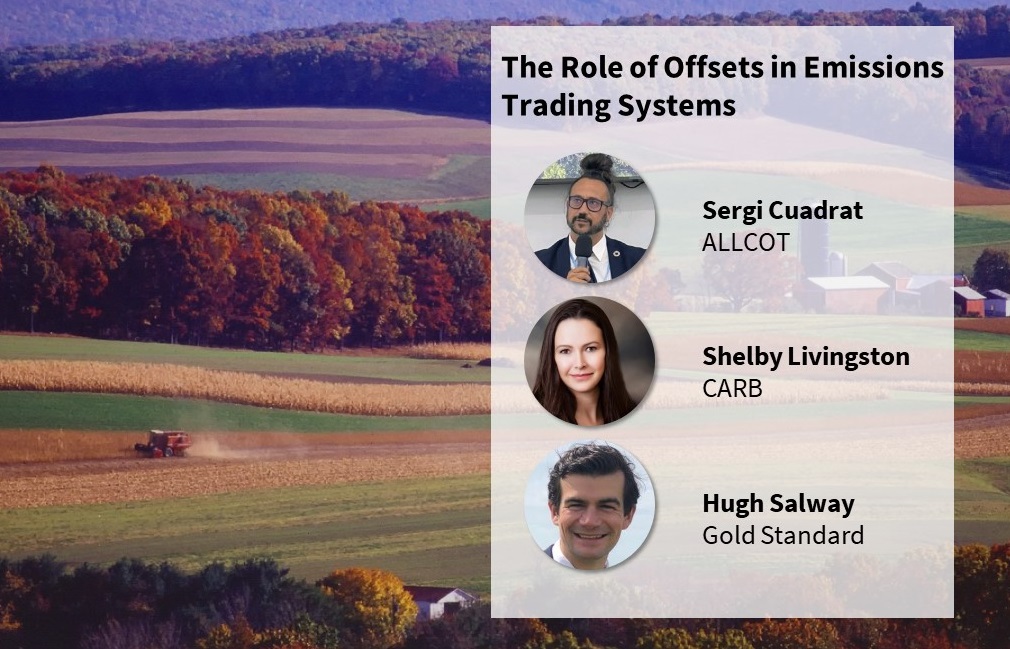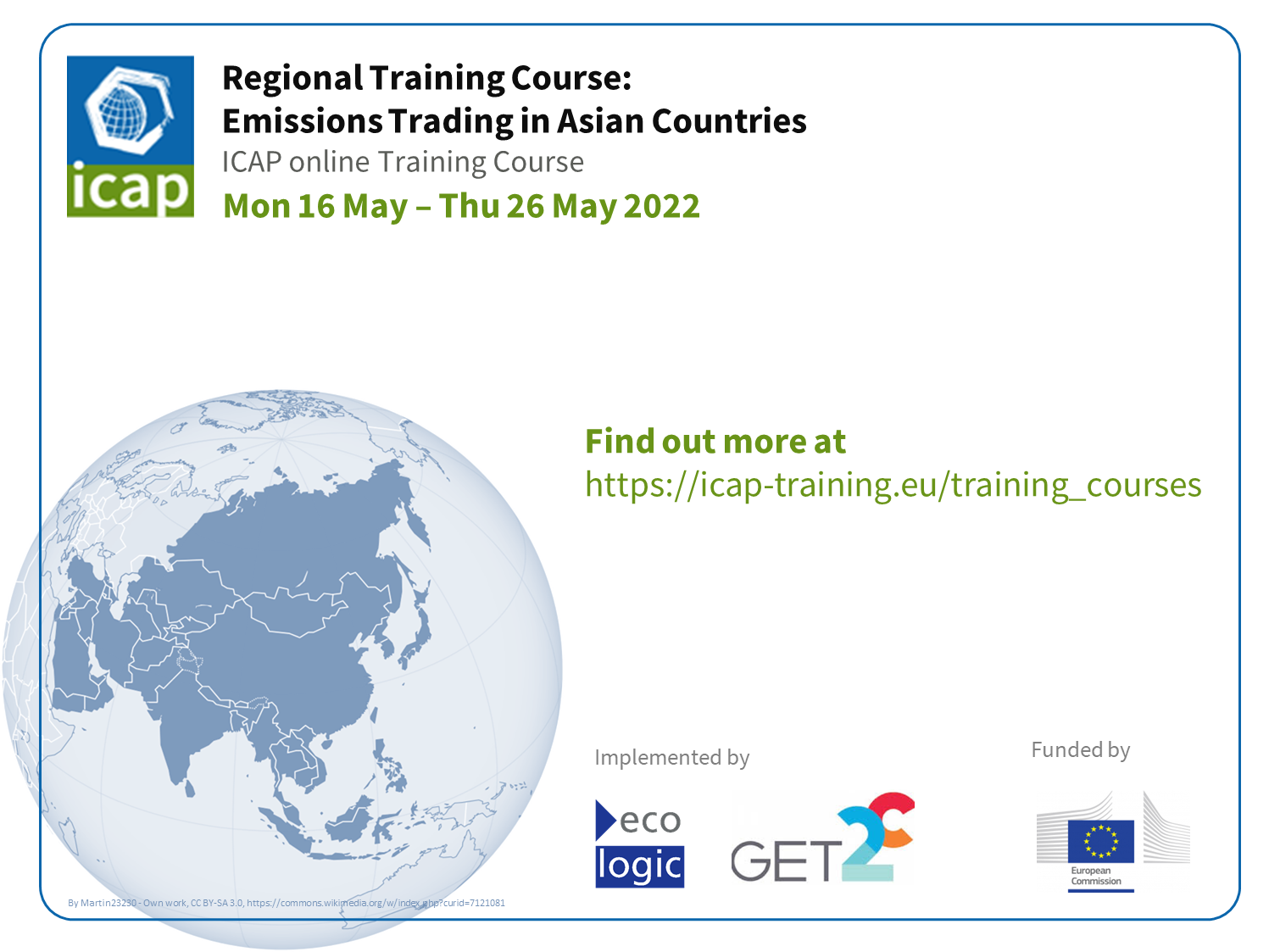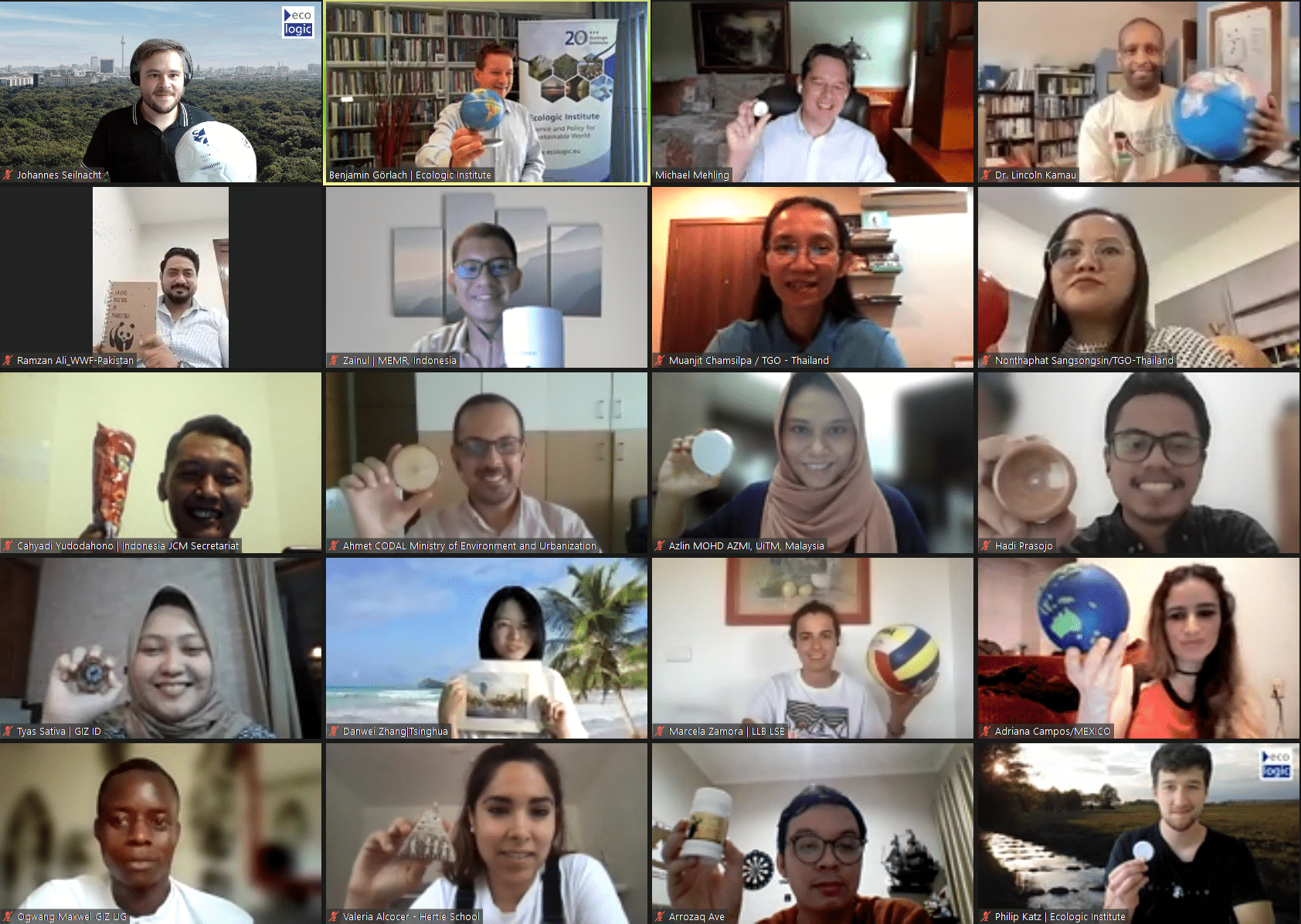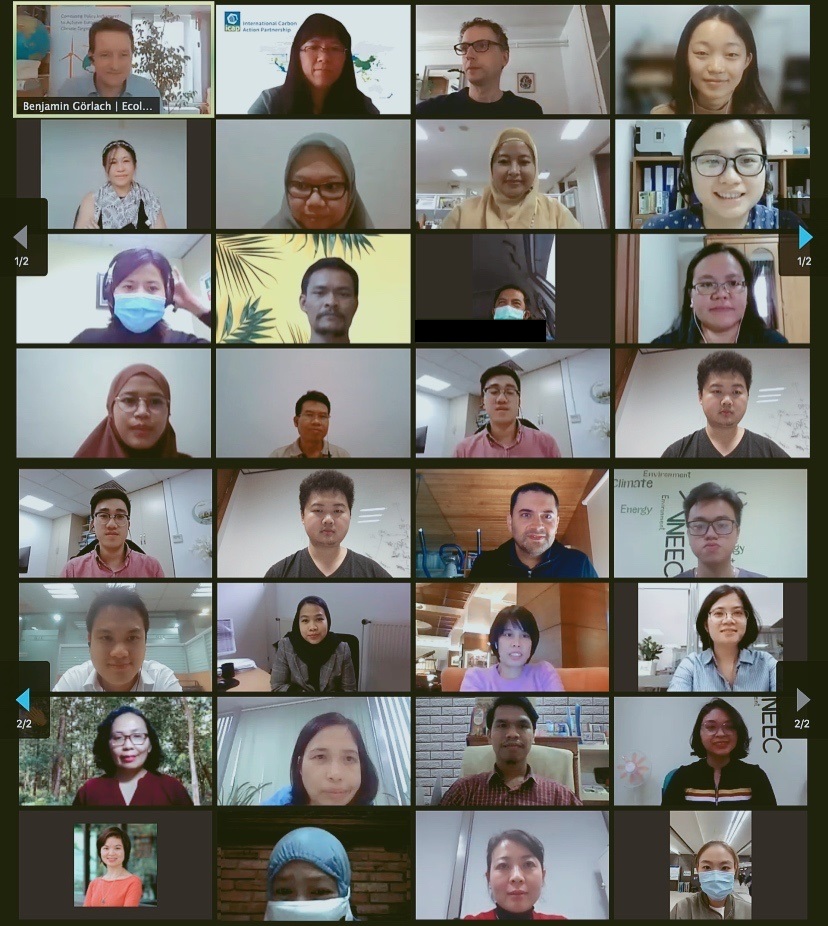Event:Conference
Related content for project id ICAP
Event:Digital Event
The Role of Offsets in Emissions Trading Systems
Best Practices and Lessons Learned
online
Event:Digital Event
Event:Digital Event
Event:Summer School
Event:Digital Event
ICAP Online Training Course on Emissions Trading
Regional Training Course for participants from the Asian Region
-
online
Event:Summer School
Event:Digital Event
Event:Digital Event
ICAP Online Workshop on Emissions Trading in Latin America
Developments on the Ground, Role for Cooperation
-
online
Project
Event:Conference
Event:Summer School
Event:Summer School





